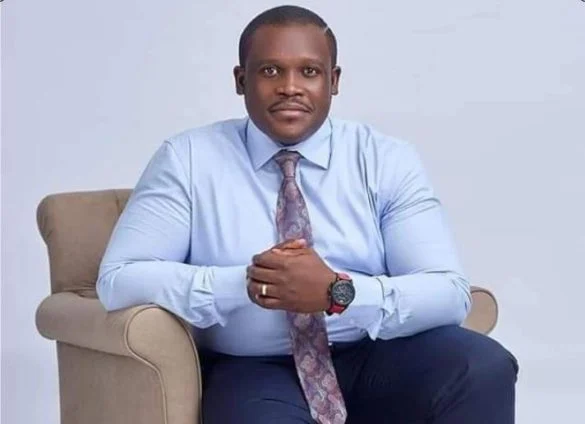- A Ghanaian filmmaker has issued a heartfelt plea to Communications Minister Samuel Nartey George, urging him to reconsider the government’s threat to revoke MultiChoice Ghana’s operating licence.
- The producer, who chose to remain anonymous, argues that the move—framed as consumer protection—could devastate the country’s film and television industry, especially the ecosystem built around Akwaaba Magic.
As the September 6 deadline looms, a Ghanaian filmmaker has stepped forward with a sobering warning: pulling the plug on MultiChoice Ghana could unravel years of progress in the country’s creative sector. In a letter addressed to Communications Minister Samuel Nartey George, the producer expressed deep concern over the government’s stance, which includes a 30-day suspension notice and threats of a full shutdown.
While officials have framed the move as a consumer protection measure, the filmmaker argues that the real cost will be cultural and economic. At the heart of the concern is Akwaaba Magic—a channel that has quietly become the financial backbone of Ghanaian film and television. According to the producer, no free-to-air station comes close to matching Akwaaba’s investment in local content. One leading broadcaster reportedly offered just GHS 3,000 per episode—barely 6% of what Akwaaba pays.
The list of shows sustained by Akwaaba Magic reads like a who’s who of Ghanaian television: DEDE, Madam, Nana Akoto, Queen of Akra, Accra Stay by Plan, Amoanimaa’s Era, Tanko Villa, Rock That Aisle, Party Office, Eno, Billionaire’s Wife, Accra Medics, High Currency, and Sevsu. Without MultiChoice’s backing, the producer warns, these productions could shrink or disappear entirely.
But the ripple effects go far beyond the screen. A shutdown would impact hundreds of full-time workers, thousands of independent installers and dealers, and millions of subscribers who willingly pay for premium content. The producer also cautioned against repeating the mistakes of global streaming giants like Netflix and Amazon, which entered the Ghanaian market only to retreat due to lack of infrastructure and local investment.
Instead of threats, the filmmaker is calling for dialogue—a partnership model that protects consumers without dismantling the creative economy. With the clock ticking, the industry waits to see whether policy will make room for preservation.

